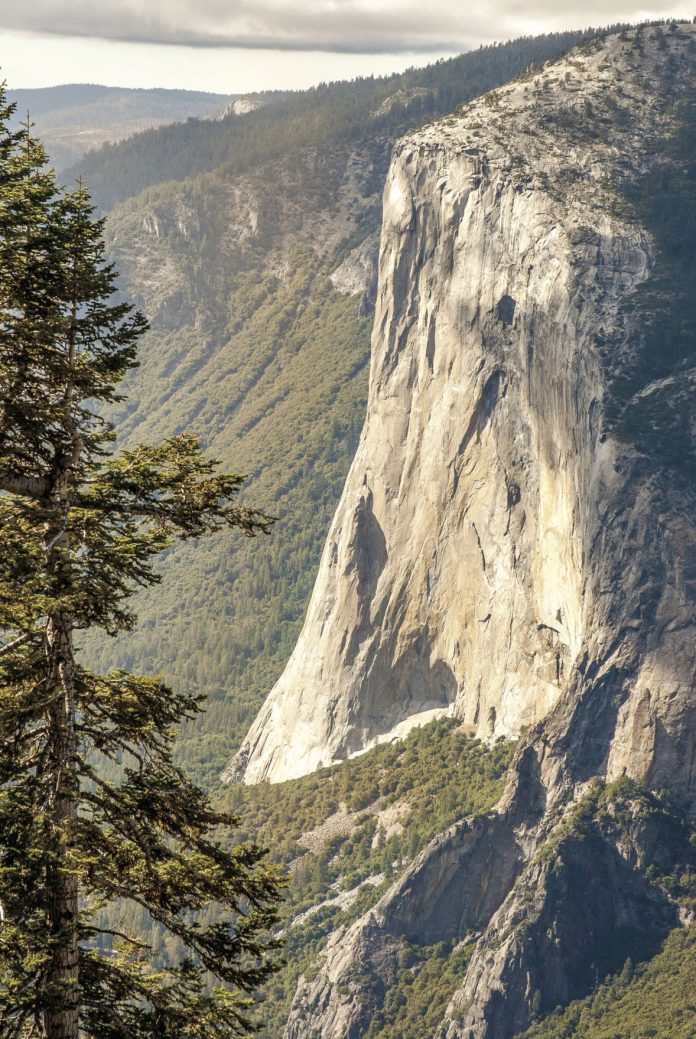
This year marks the 100th anniversary of the National Park Service. Between the establishment of Yellowstone National Park in 1872 and the birth of the National Park Service 44 years later, who managed our parks? Who protected archeological sites from vandals? Who kept out the miners, the loggers and the hunters?
One of the most interesting and unlikely stories of early park management happened right here in our backyard.
African American regiments fought with distinction as a part of the Union Army during the Civil War, but it wasn’t until 1866 that Congress created the first all-black regiment in the U.S. Army. While serving in the Great Plains during the Indian Wars, Native Americans called them Buffalo Soldiers because their hair reminded the Indians of the curly clump of hair between the Bison’s horns. The name stuck.
After the Spanish-American War, the Ninth Cavalry Regiment of the Buffalo Soldiers wintered at the Presidio in San Francisco. Their summer orders: ride across the Central Valley to Yosemite National Park. For the next several years, these men acted as forerunners of today’s park rangers, patrolling and protecting Yosemite from those who would harm it.
“National Parks are the best idea we ever had. Absolutely American, absolutely democratic, they reflect us at our best rather than our worst.” Few would argue with Wallace Stegner’s famous quote. These lands are not the fenced-off private property of some monarch or oligarch. They are open to all of us for the cost of a day-use fee. But many don’t come.
Shelton Johnson is an African American man who has traveled a remarkable path from the streets of Detroit to his job as a park ranger in Yosemite National Park. According to a 2009 survey conducted by the Park Service, only one percent of the visitors to Yosemite that year were black, a fact that saddens Shelton, but doesn’t surprise him. He is quick to point out that the legends of the Old West and our wilderness have not included people who look like him.
When Shelton learned the story of the Buffalo Soldiers, he was thrilled. That bit of hidden history turned America’s wilderness heritage into his heritage as well. And it gives all African Americans ownership of our frontier story. Shelton tells the Buffalo Soldier story hoping to awaken disenfranchised kids and lure them to national parks where nature can do her work. He knows that national parks are more than a lovely view. Time spent in wilderness and nature builds physical and psychological health in so many ways.
Wallace Stegner was right. Our national parks are a great gift to us all. The centennial of the National Park Service is an opportunity to remember and be thankful that those who came before us had the wisdom to set aside portions of our grand landscape. National Parks preserve a legacy that belongs to all of us.









